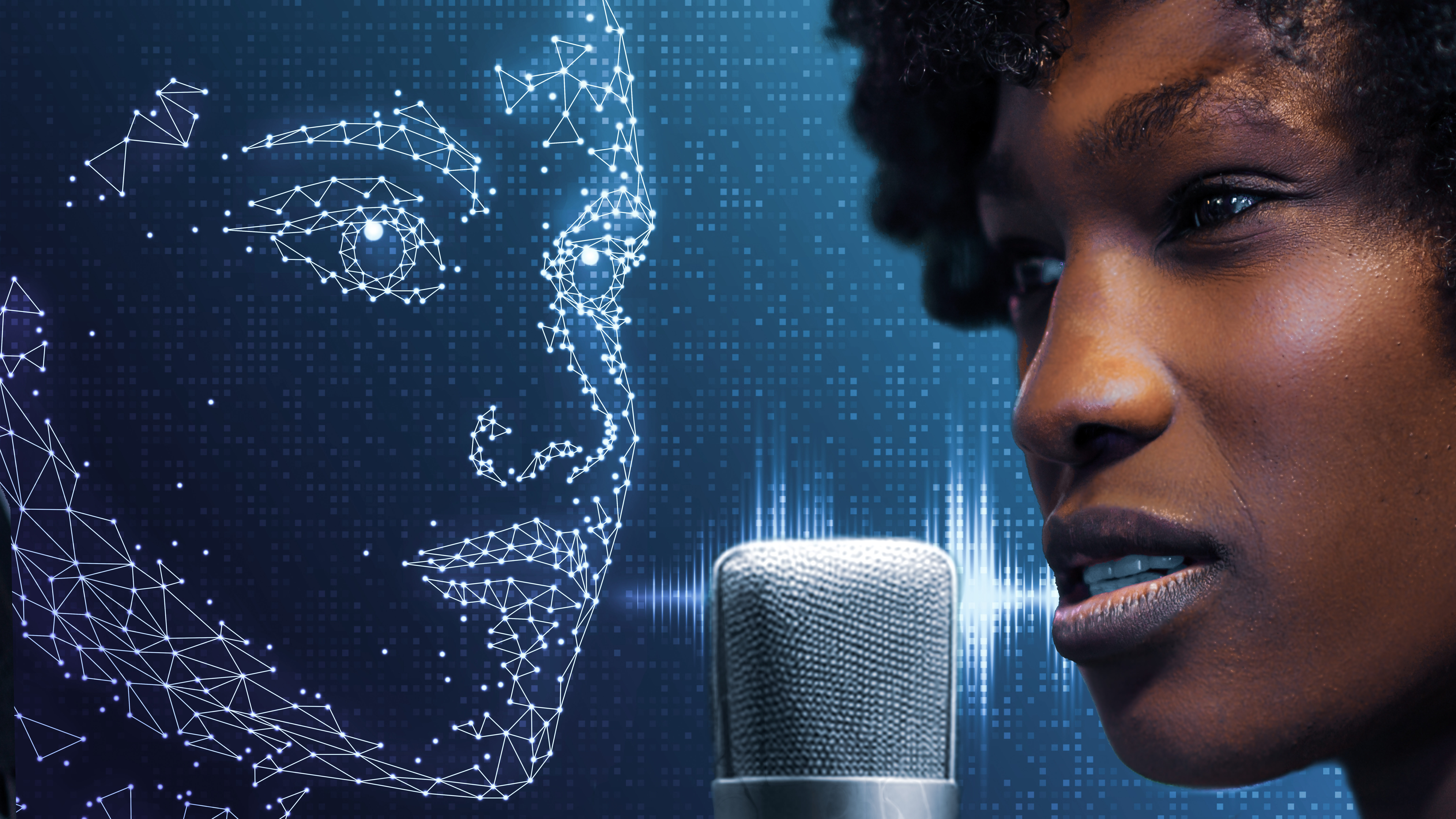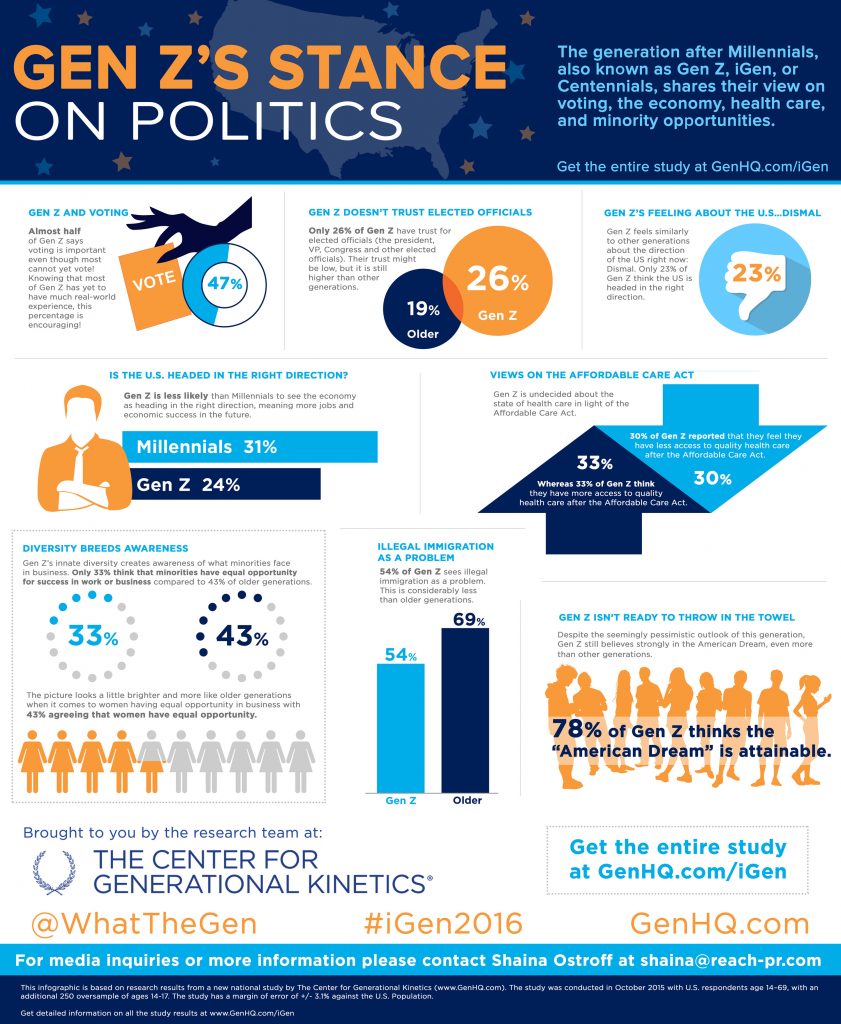
AI Threats Against Truth and Integrity
In an era dominated by technological advancements, the battleground of political communication faces a new frontier: the rise of generative artificial intelligence (AI). As lawmakers in multiple US states grapple with the implications of AI-generated content in political messaging, the debate surrounding the ethical use of technology and the value of human-driven communication intensifies.
Generative AI presents an unprecedented challenge in the realm of political communication. Its ability to fabricate realistic images, audio, and video content raises concerns about the potential manipulation of political narratives.
According to Public Citizen, California, Michigan, Minnesota, Texas and Washington have already enabled legislation legislation to safeguard the integrity of political messaging. These legislative efforts aim to prevent the dissemination of deceptive AI-generated images, audio, or video intended to damage a candidate’s reputation and deceive voters.
The Human Factor: Embracing Authenticity and Trust
Amid the AI upheaval, the intrinsic value of human-driven communication continues to instill the truest and most honest sense of trust. Authenticity in political messaging, conveyed through genuine human voices, offers a vital counterbalance to the potential deception of AI-generated content. The ethical use of real human voices upholds transparency and fosters voter trust.
Embracing human-driven messaging signifies a commitment to ethical standards and to our fellow human, as well as safeguards the democratic process against misinformation and deceitful tactics.
By enacting laws that discourage the use of deceptive AI-generated content, lawmakers aim to reinforce ethical boundaries and protect the sanctity of political discourse. These legislative proposals to counter AI-generated deception signal the start of a much needed movement. One that gives humans the upper hand in delivering truthfulness and integrity in political messaging.
Amplify Your Message with the Power of Humanity
As technology continues to evolve, and AI continues to become more commonplace, the preservation of genuine human voices in political messaging is paramount to ensuring the credibility and trustworthiness of the candidates or causes they lend their voices to.
- #politicaladvertising #politicalcampaigns #AI

